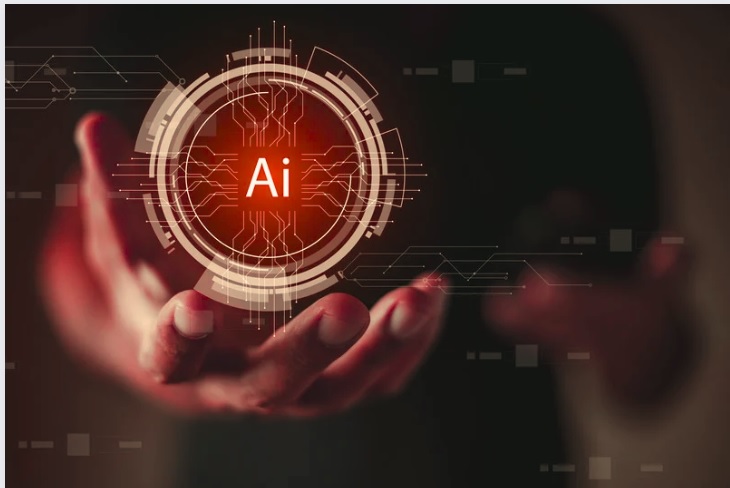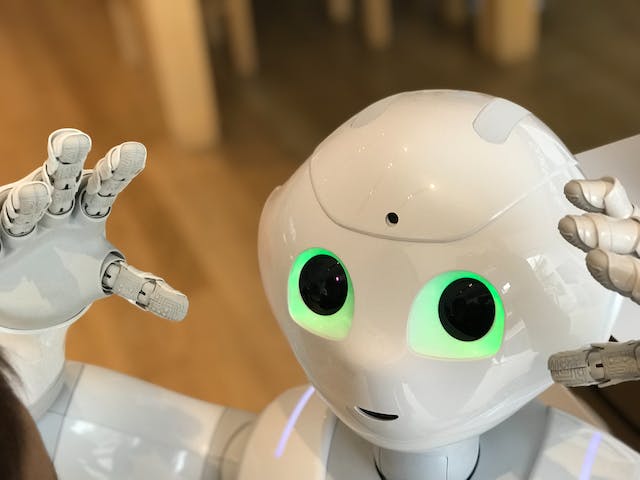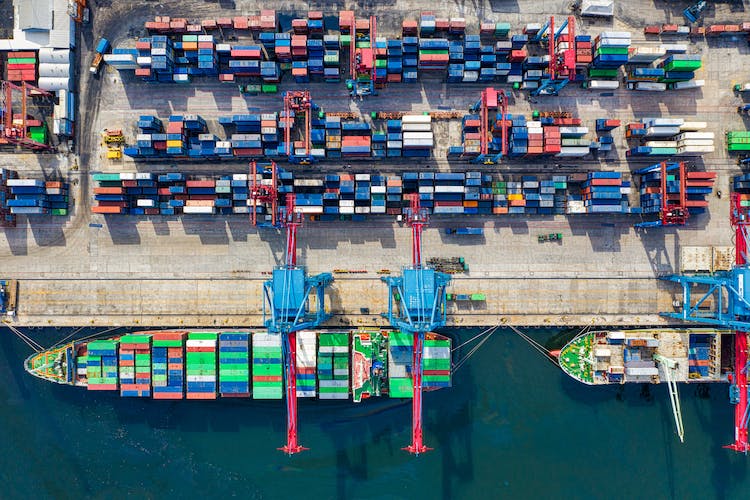Now that the novelty of artificial intelligence has worn off, people are focusing on its responsible use. Ethical algorithms have become a chief concern for many businesses and regulatory agencies. However, you may be unaware of its influence because it’s largely unexplored.
“Across all industries, ethical AI has quickly become the focus of attention.” …











